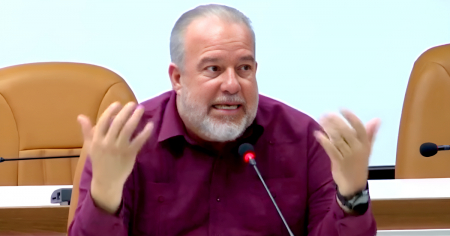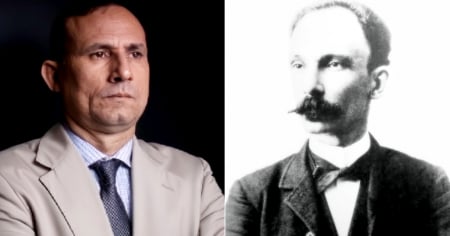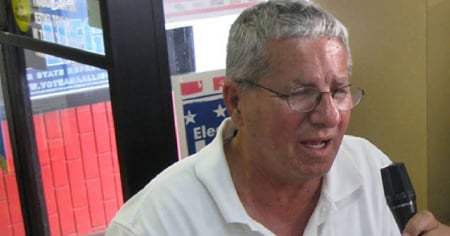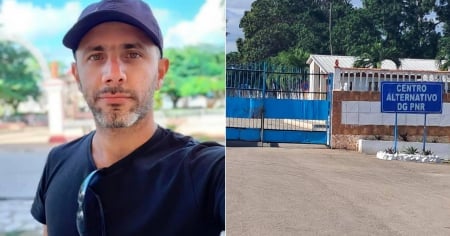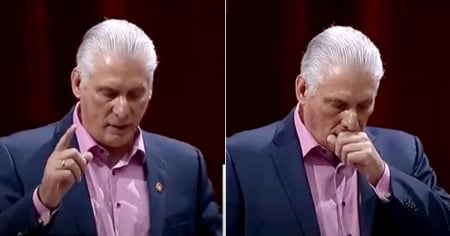
Related videos:
In a significant change to the access rules for the White House, government spokesperson Karoline Leavitt announced on Tuesday that it will be the administration itself that selects the journalists who will be able to ask questions to President Donald Trump.
At a press conference, Leavitt explained that from now on, it will be the White House press team responsible for determining who will be part of the press "pool," the small group of journalists, photographers, and cameramen who accompany the president at official events.
Until now, that responsibility has fallen to the White House Correspondents' Association (WHCA); and this measure has raised concerns about the limits on press freedom in the country by the new administration.
This team of reporters is essential for the coverage of presidential events, as it allows the media to relay what happened to the thousands of journalists who cannot be present at the activities.
"From now on, the White House press team will determine who is part of the press 'pool'," the official stated in a video posted on her X account, marking a shift in the century-long tradition of autonomy for the WHCA in this task.
The tradition of allowing a small group of journalists access to presidential events began nearly 100 years ago due to the lack of space in places like the Oval Office or the presidential plane Air Force One.
The WHCA, founded in 1914, has been responsible for selecting the journalists who make up this "pool" after a rigorous process.
However, the White House's decision to take on this role has generated controversy. Eugene Daniels, president of the WHCA, condemned the measure, describing it as an attack on press freedom in the U.S. “It suggests that the government will choose the journalists who cover the president. In a free country, leaders should not be able to select the press team,” Daniels stated in a statement.
The decision comes amidst a tense context between the Trump administration and some media outlets, particularly with the Associated Press (AP) news agency.
The White House restricted this week the access to the AP pool, preventing them from asking questions to Trump due to his refusal to adopt the new term "Gulf of America" to refer to the Gulf of Mexico, preferring the traditional name.
AP has filed a lawsuit arguing that this restriction violates the freedom of the press guaranteed by the First Amendment of the U.S. Constitution, although a judge allowed the Administration to maintain its veto, urging a reconsideration of the decision.
The group of journalists assigned to the "pool" is usually small, consisting of around 13 to 14 people, although it can sometimes expand to about 20.
The journalists in this group are assigned to cover different media, including print, radio, and television.
Historically, Trump has attacked various journalists and reporters who ask him uncomfortable questions.
In 2018, the American television network CNN sued the Donald Trump administration for revoking the credentials of its chief correspondent at the White House, Jim Acosta, following a heated exchange with the president during a press conference.
Frequently Asked Questions about the New Press Regulations at the White House
Who will decide now which journalists can ask questions to Trump?
The White House press team will be responsible for selecting the journalists who will be able to ask questions to President Donald Trump. This decision breaks with the tradition that the White House Correspondents' Association (WHCA) held that responsibility.
How has the White House Correspondents' Association reacted to this measure?
The WHCA has condemned the measure, calling it an attack on press freedom in the United States. The president of the WHCA, Eugene Daniels, has stated that leaders should not be able to choose the press team that covers the president, as this undermines journalistic independence.
What motivated the restriction on access for the AP news agency?
The White House restricted access for the AP agency due to its refusal to use the term "Gulf of America" to refer to the Gulf of Mexico, preferring the traditional name. AP has filed a lawsuit arguing that this restriction violates the freedom of the press guaranteed by the First Amendment of the U.S. Constitution.
What is the impact of these decisions on press freedom in the U.S.?
The decisions of the White House have raised concerns about censorship and government control over the press. Restrictions on certain media and the selection of journalists by the government are seen as threats to the independence and freedom of the media in the country.
Filed under:

